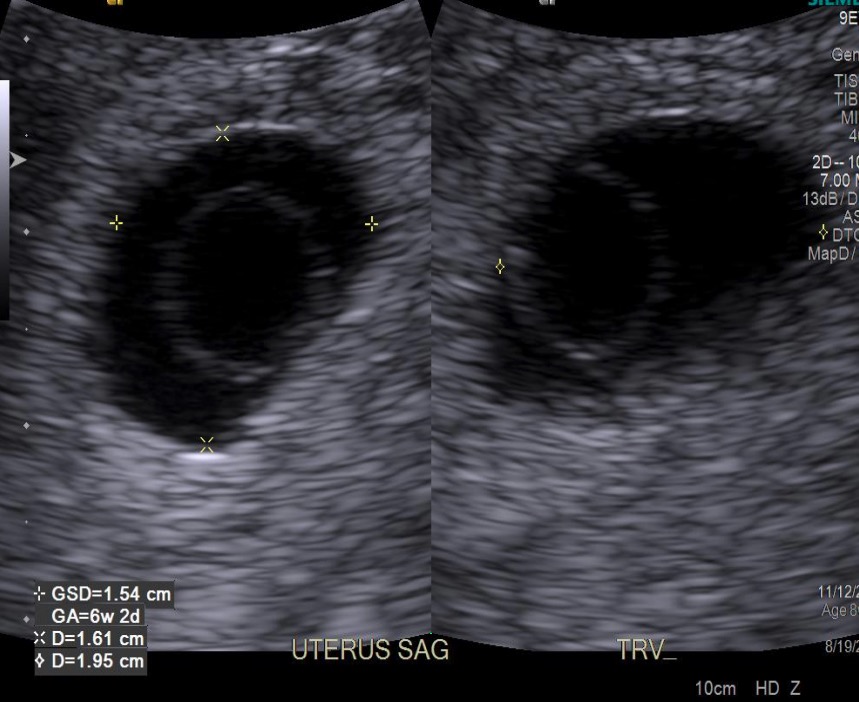Playlist
Show Playlist
Hide Playlist
Physiologic Changes during Pregnancy: Common Complaints
-
Slides Osteopathic Considerations in Obstetrics.pdf
-
Reference List Osteopathic Manipulative Medicine.pdf
-
Download Lecture Overview
00:01 So due to the physiologic changes during pregnancy, there are common complaints that patients may present with So morning sickness, reflux, wrist and hand pain and paresthesia, edema, trouble breathing, constipation, headache, hemorrhoids, infections, plantar fasciitis and back pain - all common complaints that occur with pregnancy. 00:28 There's some typical musculoskeletal symptoms that occur partly due to the spinal changes, partly due to the increased weight that has to be carried, patients could present with muscle pains, intercostal neuralgia, costal vertebral pain, coccydynia, leg pains, headache, thoracic outlet syndrome, carpal tunnel again, lower back pain, pubic symphysis pain, round ligament syndrome and plantar fasciitis. 00:58 Low back pain is a very frequent preentation during pregnancy, over 50 percent of pregnant patients will complain of some form of a lower back pain. 01:06 It's important to consider all the spinal changes that occur due to the shift in gravity that increase weight that the mothers are carrying, the weakness of the abdominal muscle and core muscles so a lot of different things contribute to lower back pain. 01:21 If a patient presents with shooting pain going down from the back down to the legs, it's rarely from a disc. 01:28 During pregnancy, it might be more ligamentous or due to uterine pressure on the nerve roots. 01:35 Somatic dysfunctions could also increase neural firing adding and contributing more to the backpain so we want to definitely look at potential viscerosomatics. 01:44 We also want to look at how that might also affect the neuroplacental blood flow as this is also influenced by viscerosomatics. 01:54 So for our mothers, there's really not a lot of safe pain relief medications to control musculoskeletal pain or lower back pain Category A medications which are considered reasonably safe for there's a research study done on humans to show that there's no possible side effect in fetuses, there's really just no analgesics that fall into that category. 02:19 Tylenol and NSAIDS are category B but NSAIDS should be avoided from the third trimester on. 02:26 Stronger medications like Ketorolac, steroids, and opiods are Category C Opioids are category D if used chronically and aspirin is category D. 02:39 So in general, medications taken during pregnancy there's increased absorption because there's a slow GI motility. 02:47 There might be some delayed onset of the controlled release medication, or sometimes there's no absorption due to increased vomiting and discomfort. 02:59 So there's altered dynamics for water and fat-soluble medications too so you also have to take into consideration possible cytochrome P450 metabolism by the placenta. 03:13 So instead of pharmaceuticals, OMT could be a potential option to help with treating some musculoskeletal pains. 03:21 OMT has been shown to be effective and could help with lower back pain, headaches, labor, postpartum pain. 03:29 It could help with decreasing edema, helping to relieve some GI complaints, try to reduce labor time and help with decreasing postpartum depression. 03:41 Caesarean sections sometimes are needed if the baby is unable to pass through the birth canal or if there's other complications. 03:51 Possible indications for C section include a previous C section, failure to progress and having a breach position. 04:00 So there's two types of incisions - a low transverse incision and also the vertical. 04:05 The low transverse is obviously preferable because it's less visible with scarring. 04:10 And so innervation of the uterus is from T10 to L2, so patients post C-section you have to check for potential viscerosomatic reflexes going to the T10-L2 region posteriorly.
About the Lecture
The lecture Physiologic Changes during Pregnancy: Common Complaints by Sheldon C. Yao, DO is from the course Osteopathic Treatment and Clinical Application by Specialty.
Customer reviews
5,0 of 5 stars
| 5 Stars |
|
5 |
| 4 Stars |
|
0 |
| 3 Stars |
|
0 |
| 2 Stars |
|
0 |
| 1 Star |
|
0 |




